
Politics & Society
How disinformation is undermining our cities
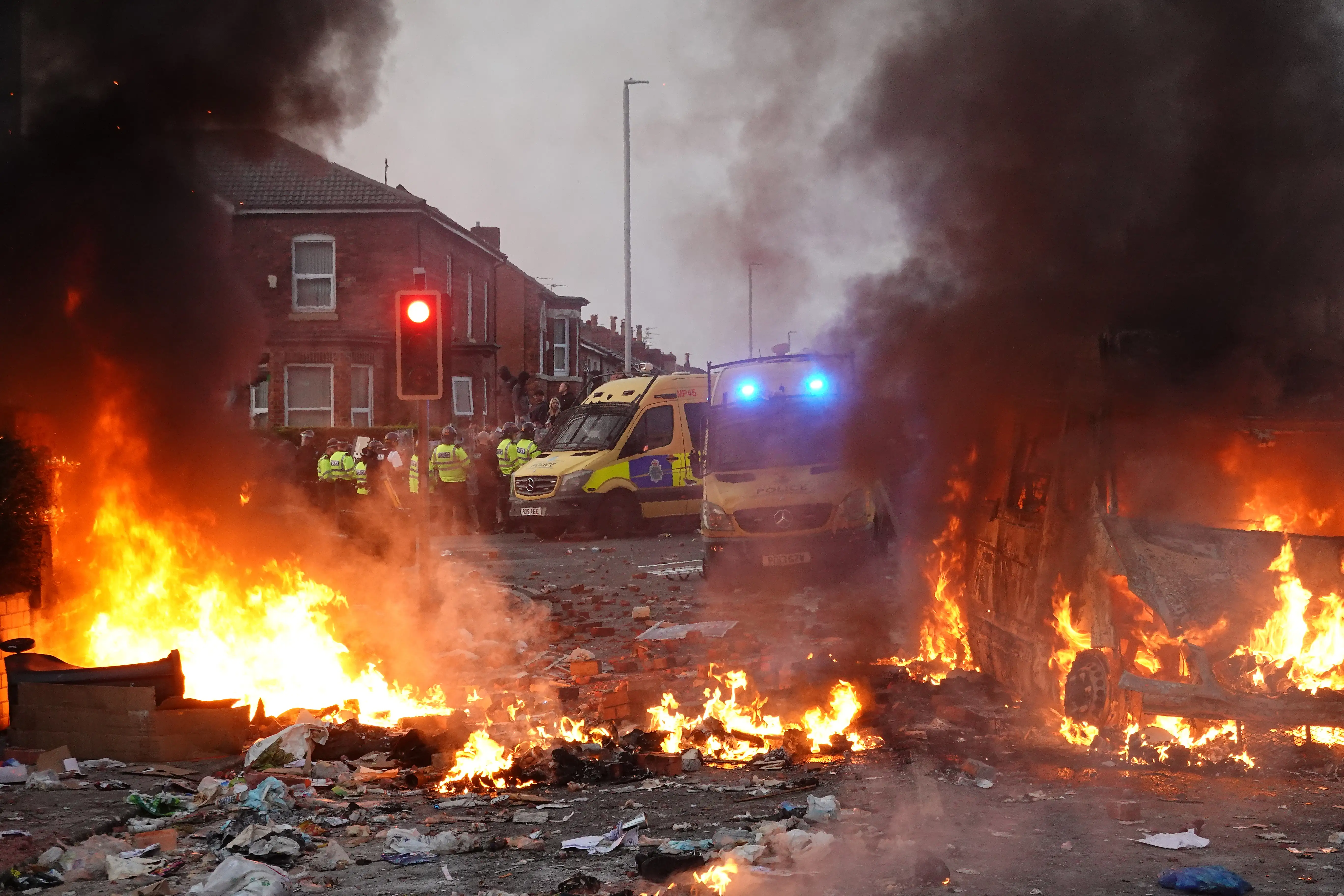
Riots and violent unrest in the UK following the murder of children in Southport demonstrates the need for city governments to act quickly against disinformation
Published 6 August 2024
This week has seen violent protests erupt in cities across the United Kingdom.
Media reports suggest these were fuelled by disinformation in the immediate aftermath of the horrific murder of three children at a Taylor Swift dance class in the British town of Southport.
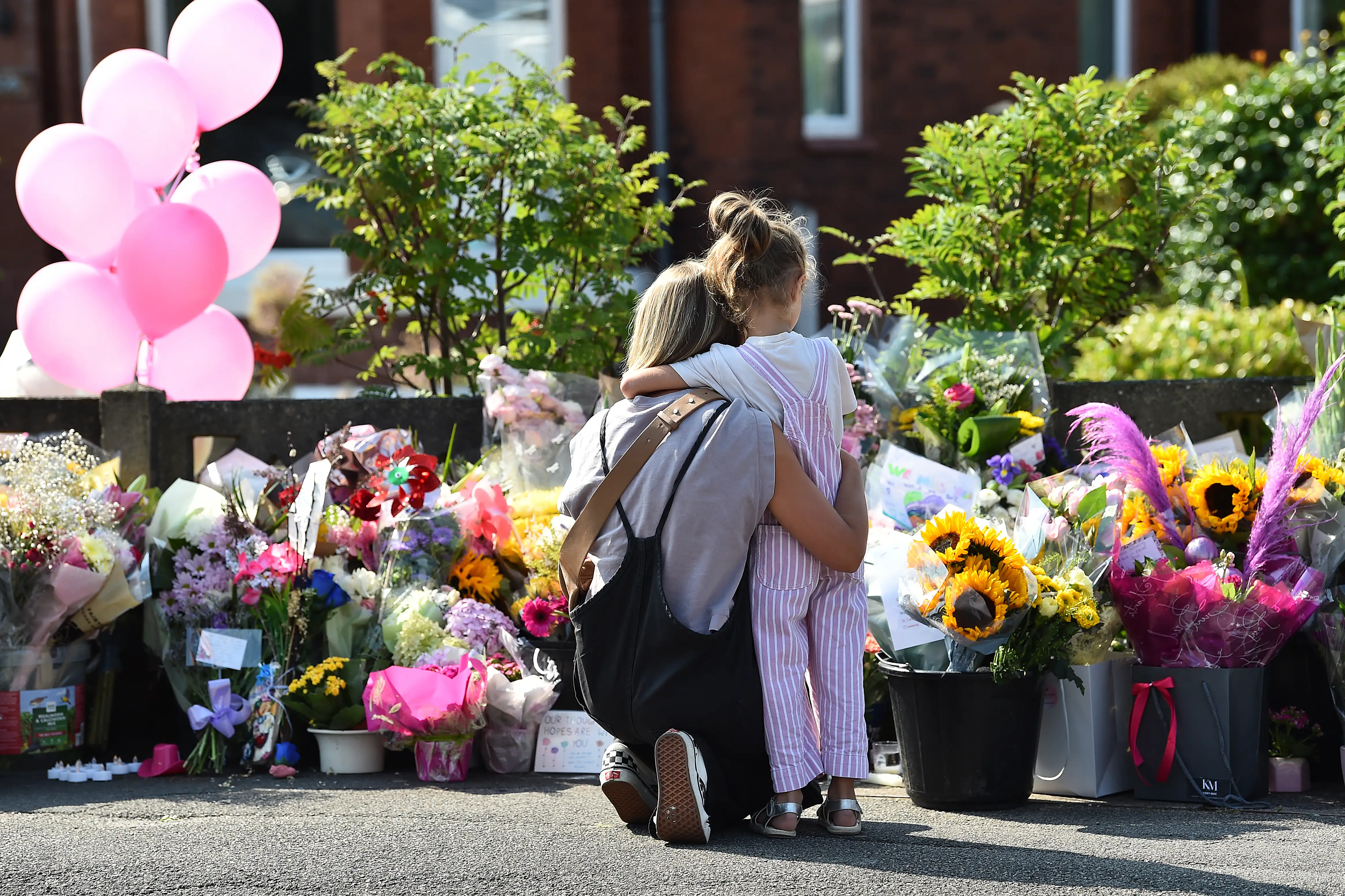
Disinformation is knowingly false information, spread with intent. Misinformation, by contrast, is the unknowing use of false information.
The two are often interwoven as some people know that the information is inaccurate and deliberately use it – usually for political or economic gain – while others unwittingly engage, thinking it to be true.
The Southport disinformation wrongly characterised the attacker and his motivations, which remain unclear, and led to violent anti-Islam and anti-illegal immigration protests.
This echoes similar scenes in others parts of the world.
In Australia, disinformation spread rapidly after recent violent events including an attack at a shopping centre and on an Orthodox priest. This resulted in protests and vilification.
Events like this are highly destructive and are intended to sow distrust and division.

Politics & Society
How disinformation is undermining our cities
Cities are increasingly impacted by disinformation, but they are also well-placed to tackle the problem. They are smaller and more agile than other levels of government, and deeply rooted in the local context.
But they are often left out of formal disinformation response networks that function at the national and international level.
We hope to change this through the Disinformation in the City project at the University of Melbourne.
Globally, we are working with 40 disinformation experts from media, big tech, civil society, cities and academia to co-create a global City Disinformation Response Playbook which provides practical and accessible guidance for cities faced by the very situations we're seeing in the UK at the moment.
Here are some key points that cities can start acting on now.
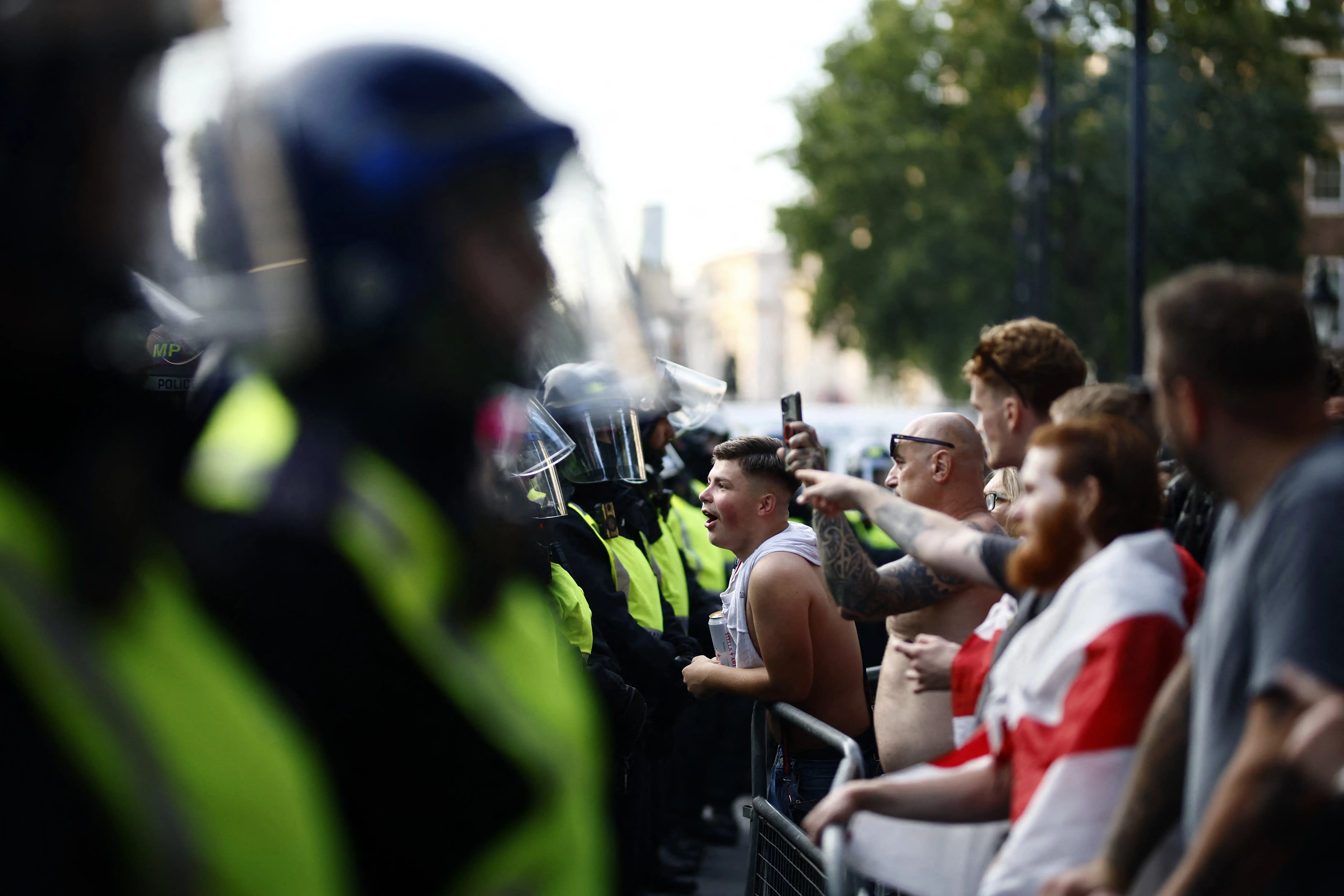
Cities cannot limit their disinformation responses to social media or leave it to communications departments alone to respond.
Disinformation mostly spreads online, but cannot be separated from its real-world impacts on communities, individuals and governance.
Cities should establish agile and impactful internal coordination mechanisms that allow the rapid sharing of information and coordination of efforts across departments.
This is particularly relevant for areas like: climate and sustainability; urban planning and technology transitions; governance; and diversity, equity and inclusion.

Politics & Society
Seeing the invisible vulnerable in our cities
Cities need comprehensive and trusted communication networks across their communities, stakeholders and authorities.
We shouldn’t wait until a major crisis event, but these events can be a catalyst to begin building networks like this. A network must be based on trust and involve coordination and support between the city’s trusted institutions.
Not all groups trust local government, but in a resilient community everyone should trust an institution that is connected into this network.
This can include, for example, religious institutions or schools.
But trusted communication requires more than just trusted institutional networks. It requires accessible, trustworthy and transparent information shared by trusted people in trusted places – both online and in the real world.
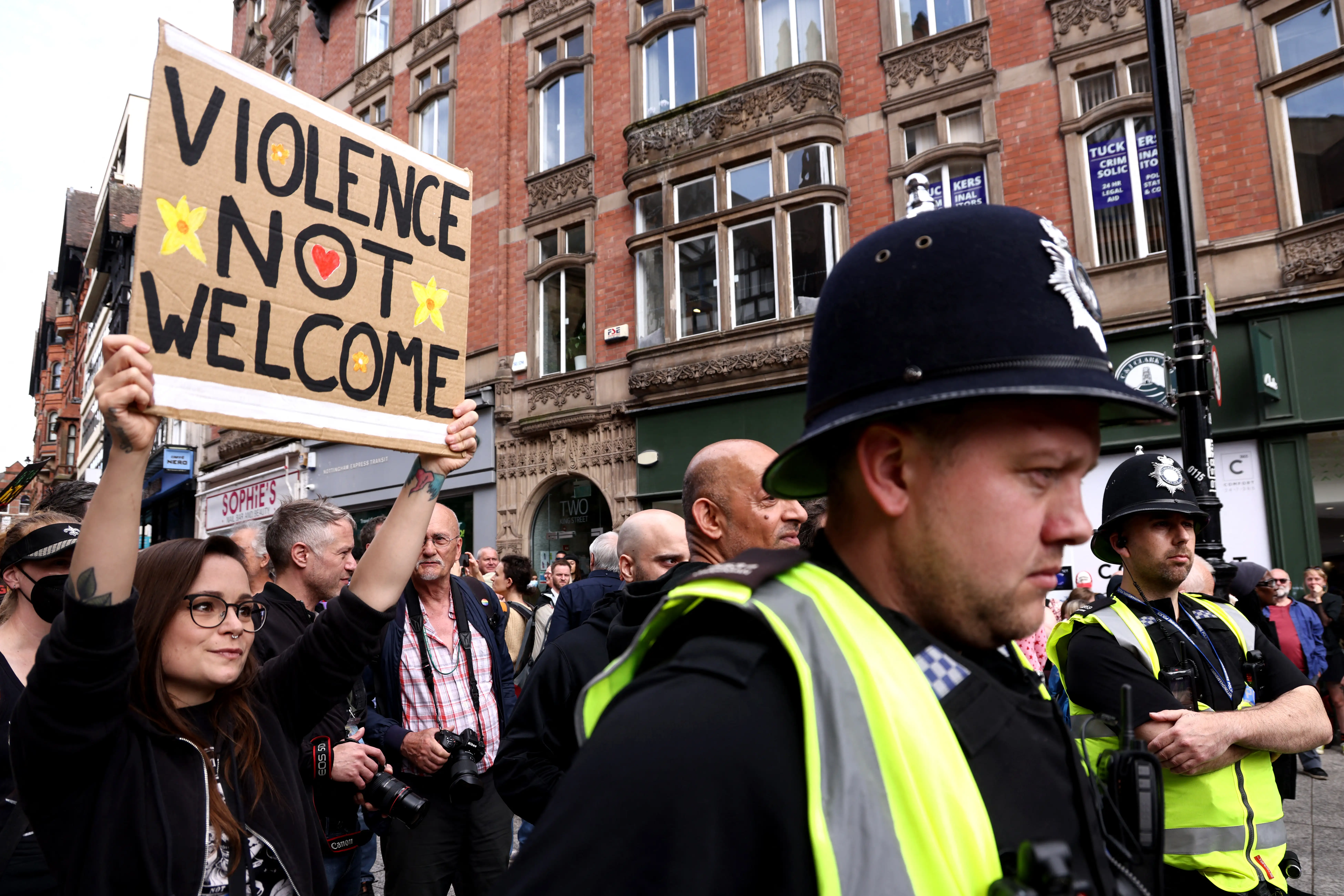
Disinformation uses existing prejudice and distrust to gain traction. It seeks to exacerbate these – widening division.
In cities, we've seen this particularly targets First Nations, women and girls, LGBTIQ+ communities, migrants and cultural diverse communities.
Even unrelated events are often brought back to prejudices and hateful narratives against these groups, tapping into existing resentment.
Cities can build resilience to disinformation by understanding and addressing these fault lines, so people are less likely to buy into divisive narratives.
Anti-racism, gender equity and prejudice reduction work should be explicitly included in a city’s response to disinformation.

The current protests in the UK have occurred at locations including mosques and hotels housing people seeking asylum.
The protesters are saying that these different groups within their communities ‘don’t belong’.
This can be incredibly traumatic for targeted groups and those who identify with them – including city staff and elected representatives.
Cities should have services and wellbeing strategies available for any staff experiencing distress. Targeted communities also need support and to hear counter-voices of welcome and belonging.
Cities can provide support services, outreach and public statements to this effect. Other community members can also provide non-confrontational yet impactful support in many ways, including by being creative.
The community of Eltham, in Australia, did so in the face of similar anti-migrant protests back in 2016, adorning the streets, trees and light posts of the protest sites with thousands of butterflies as a visual message of solidarity.
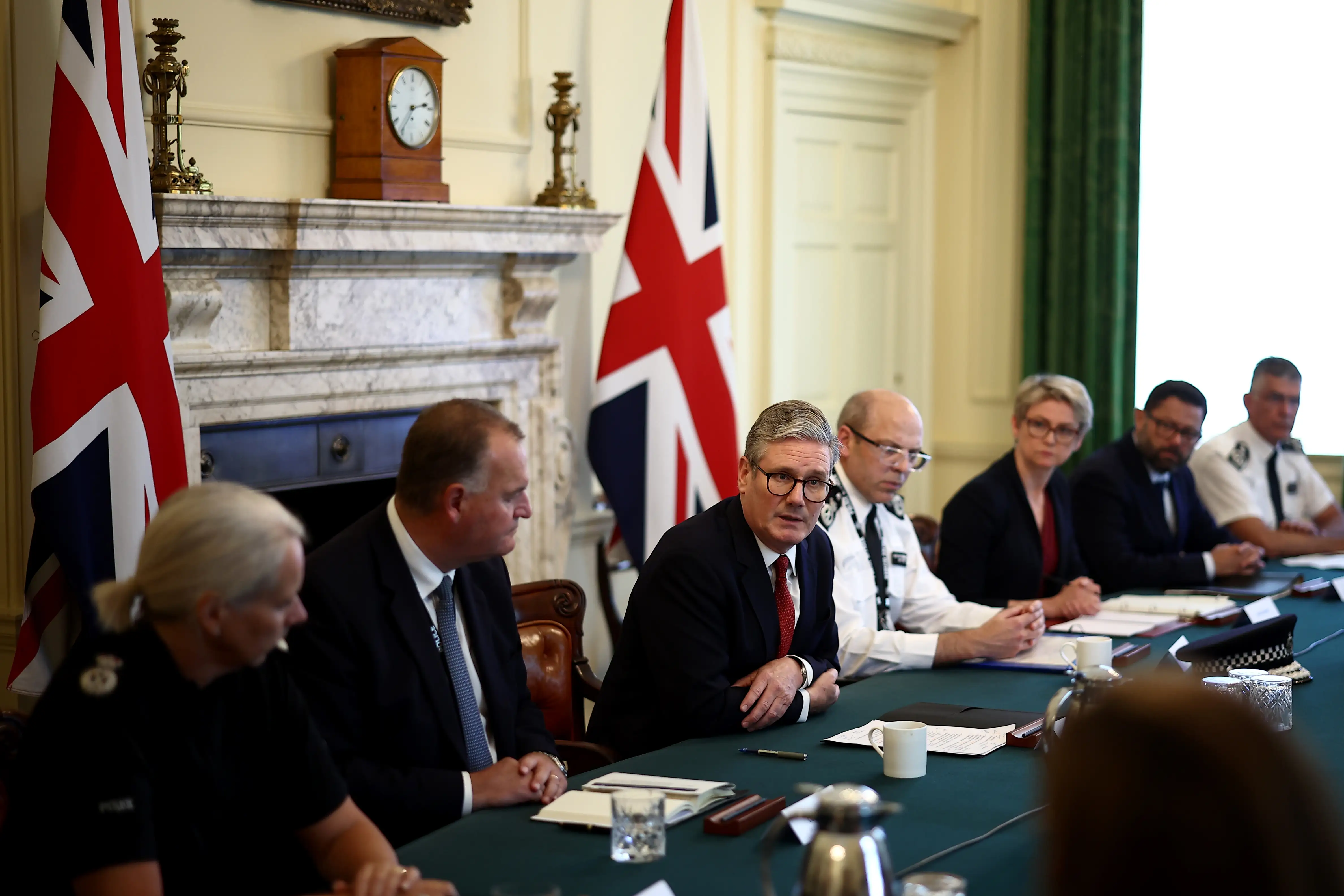
Cities must work with other sectors, other cities and other levels of government.
They should convene local multi-sector ‘brains trusts’, share information and influence others engaged in disinformation response efforts.
Cities have shown that they can be excellent collaborators, and have demonstrated their prowess at international collective action through the establishment of key networks across key disinformation thematic areas: climate change and sustainability transitions; gender equity; migration and cultural diversity; and public health.
This is a traumatic and difficult time for communities across the UK, and globally.
Cities can, and must, acknowledge and respond with care.
The best way to build resilience against disinformation is to build trust, and the best time to do it is now.
The full global City Disinformation Response Playbook will be released on 29 August 2024.